Among the 17 units ranked as the best universities in Asia, there are many regional universities instead of just universities in Ho Chi Minh City and Hanoi "overwhelmingly", reflecting a diverse ranking picture.

Van Lang University has just increased more than 200 places in the ranking of the best universities in Asia in 2025.
PHOTO: VAN LANG UNIVERSITY
Spanning many localities and fields
On November 6, QS (UK) announced the ranking of the best universities in Asia in 2025. 17 is the total number of Vietnamese universities ranked, including two new representatives: Ho Chi Minh City Open University (ranked 701-750) and Vinh University (851-900). Meanwhile, with the old faces, 5/15 universities dropped in rank, most of which are private units (except Van Lang University).
Specifically, among 984 Asian universities in 25 countries and territories, Duy Tan University in Da Nang leads Vietnam at 127th place, down 12 places compared to 2024. Following that, Hanoi National University and Ho Chi Minh City National University increased 26 and 36 places to rank 161 and 184, respectively. Among the top 200 universities in Asia, there is also Ton Duc Thang University in Ho Chi Minh City, ranked 199th after falling 61 places compared to before.
Next, in the 300-500 group, in order, there are the following universities and colleges: Nguyen Tat Thanh (ranked 333), Hue (348), Ho Chi Minh City Economics (369), Hanoi University of Science and Technology (388), Ho Chi Minh City Technical Education (421-430), Da Nang (421-430), Transport (481-490), Van Lang (491-500). In the 501-900 group, there are the following schools: Ho Chi Minh City Industry (501-520), Can Tho (521-540), Ho Chi Minh City Open (701-750), Hanoi Pedagogical University (751-800), Vinh (851-900).
Notably, some Vietnamese schools achieved maximum or almost maximum scores in the citations per scientific article criterion: Duy Tan, Ton Duc Thang (100 points), Ho Chi Minh City University of Economics (99.8), Ho Chi Minh City University of Industry (97.3). In the international research network criterion, the leading schools were Ton Duc Thang (99.8), Duy Tan (98.9), Hanoi National University (87.2) while the remaining units only fluctuated from 5.9 to 69.1 points.
In terms of reputation with employers, the top rankings belong to Ho Chi Minh City National University (66.5 points), Duy Tan University (64.1), Hanoi National University (57.3) while other schools range from 15.7 to 45.8. In terms of lecturers with doctoral degrees, Hanoi University of Science and Technology breaks through with 58.6 points, while the remaining representatives only have 1 to 26.5 points and some units are not even scored in this criterion.

Vinh University, a new regional university among Vietnam's key universities, has appeared for the first time in this year's ranking of the best universities in Asia.
On the same day, QS also announced the ranking of the best universities in Southeast Asia in 2025. In the first 100 positions, Vietnam has 14 schools present, the highest is Duy Tan University (ranked 26th) and the lowest is Can Tho University (ranked 90th). In the top 10 positions, the first and second positions are schools in Singapore, the next 7 positions belong to Malaysian universities and the 10th position belongs to a school in Indonesia.
What are the criteria for ranking the best universities in Asia?
According to QS, the 2025 Asian University Rankings are based on 11 criteria, including academic reputation (30%), employer reputation (20%), faculty/student ratio (10%), international research network (10%), citations per paper (10%), number of papers per faculty (5%), lecturers with PhDs (5%), international faculty ratio (2.5%), international student ratio (2.5%), incoming exchange student ratio (2.5%) and outgoing exchange student ratio (2.5%).
According to QS, the ranking of Asian universities is similar to the ranking of universities globally, but with some additional criteria and weights adjusted to reflect the specificities of the region. The data for the ranking is based on available sources or provided by relevant parties such as Scopus, or through a global survey of scholars and employers.
In Asia, the top 10 universities are from mainland China, Hong Kong, Singapore and South Korea. The top four positions remain unchanged, with Peking University, Hong Kong (China) and the National University of Singapore, Nanyang Technological University (Singapore) in the top four. The remaining universities are Fudan University, Chinese University of Hong Kong, Tsinghua University, Zhejiang University (China), Yonsei University (South Korea) and the City of Hong Kong (China).
QS is one of the most prestigious, experienced and influential university ranking organizations in the world, along with THE (UK) and Shanghai Ranking Consultancy (China). QS has been ranking universities since 2004 with THE, one year after the world first had a global university ranking published by Shanghai Jiao Tong University (later Shanghai Ranking Consultancy).
Previously, THE’s 2024 Asian University Rankings announced in May included 6 Vietnamese universities, all of which were familiar faces from previous years, including Hanoi National University, Hanoi University of Science and Technology, Hue University, Ho Chi Minh City National University, Duy Tan University, and Ton Duc Thang University. All of these universities either maintained their positions or dropped in rank compared to the previous year after THE changed its ranking method.
Source: https://thanhnien.vn/nhieu-truong-trong-diem-viet-nam-vao-bang-xep-hang-dh-tot-nhat-chau-a-185241107092512422.htm







![[Photo] General Secretary To Lam attends the 80th Anniversary of the Cultural Sector's Traditional Day](https://vstatic.vietnam.vn/vietnam/resource/IMAGE/2025/8/23/7a88e6b58502490aa153adf8f0eec2b2)








![[Photo] Prime Minister Pham Minh Chinh chairs the conference to review the 2024-2025 school year and deploy tasks for the 2025-2026 school year.](https://vstatic.vietnam.vn/vietnam/resource/IMAGE/2025/8/22/2ca5ed79ce6a46a1ac7706a42cefafae)

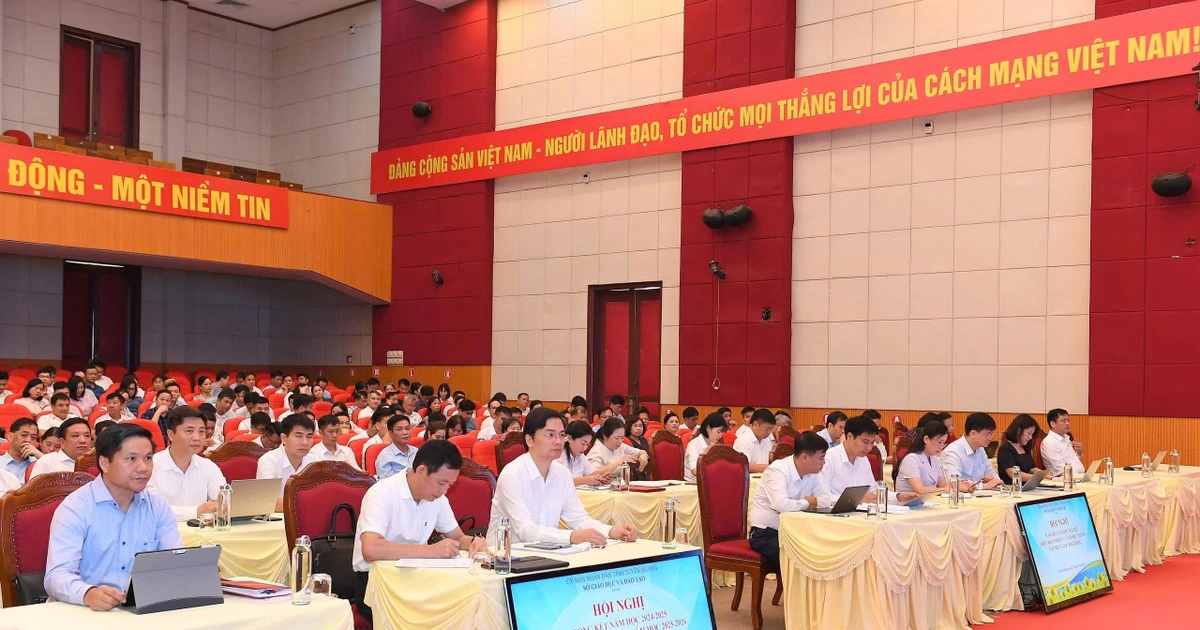


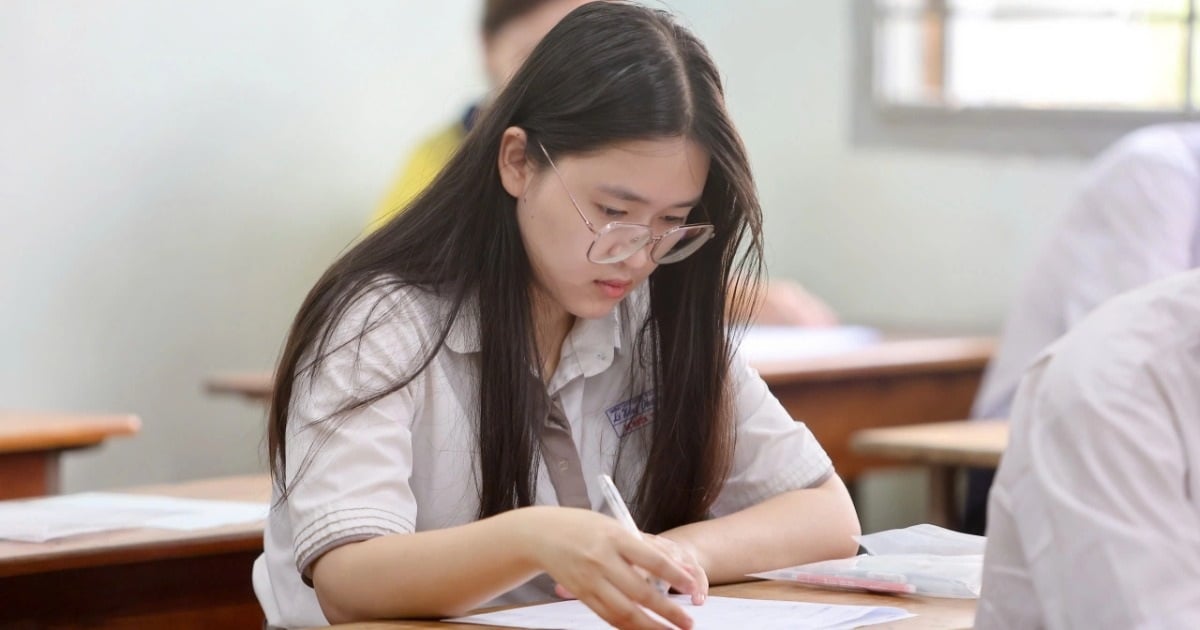

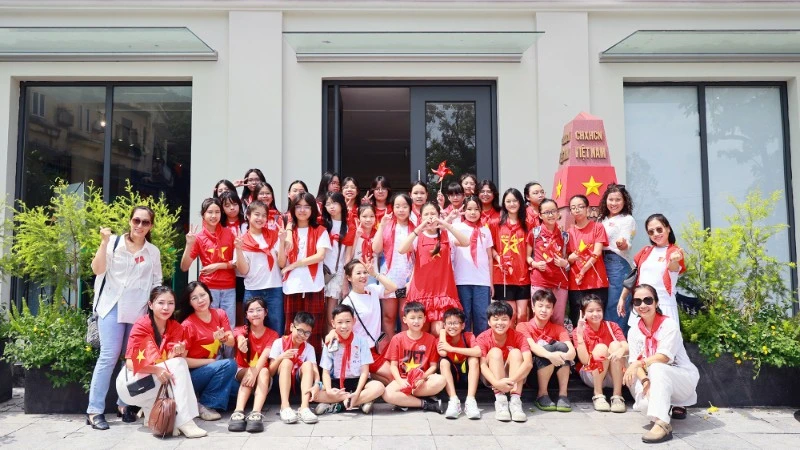
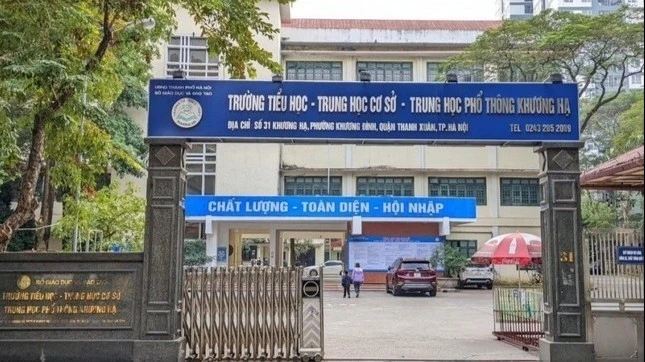
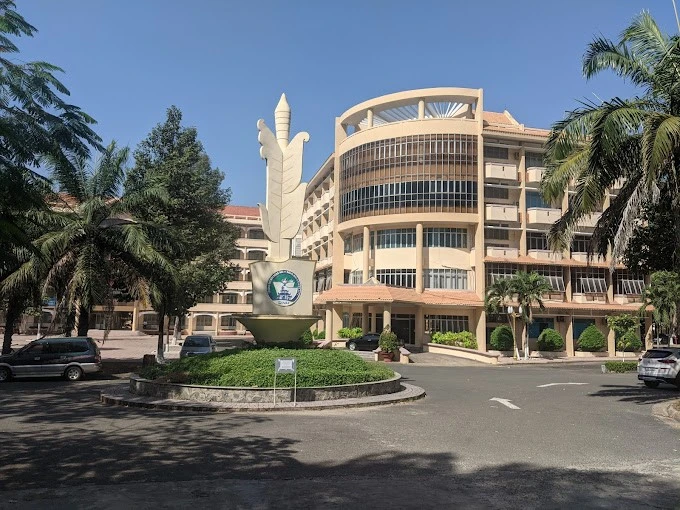








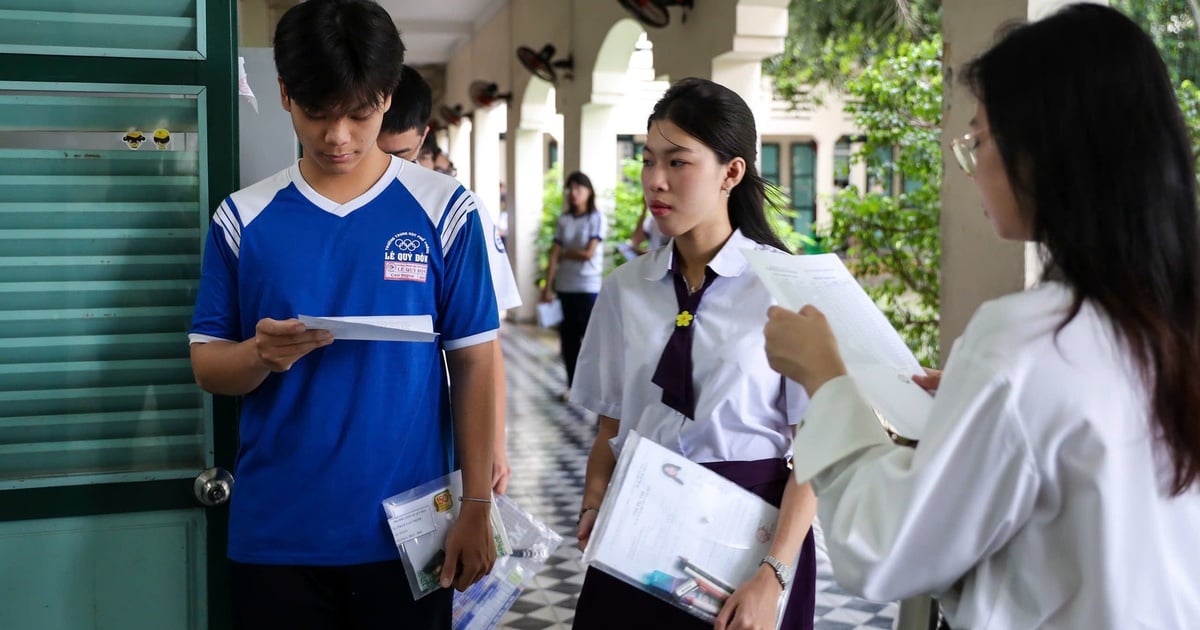








































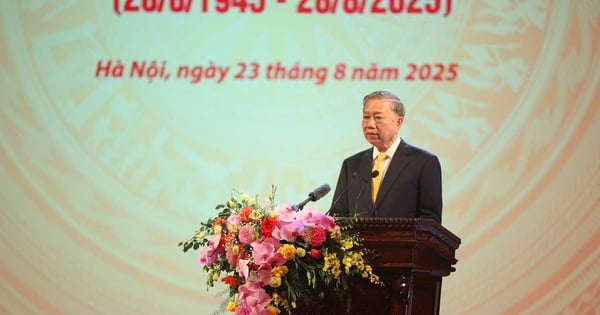
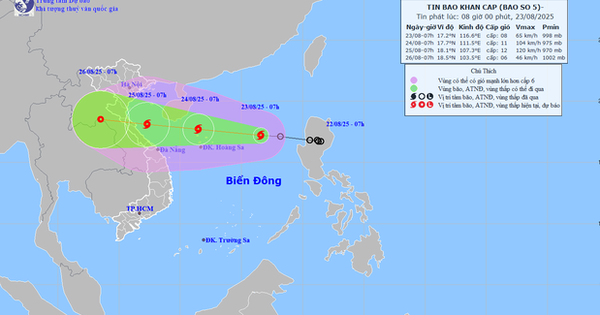
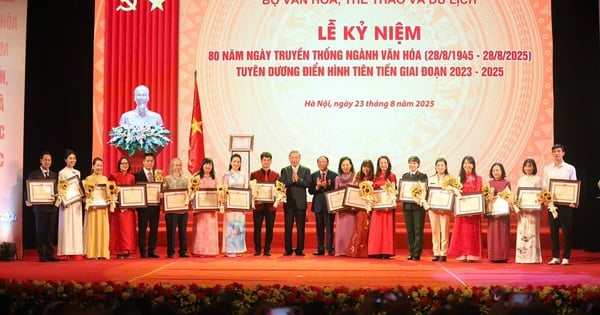








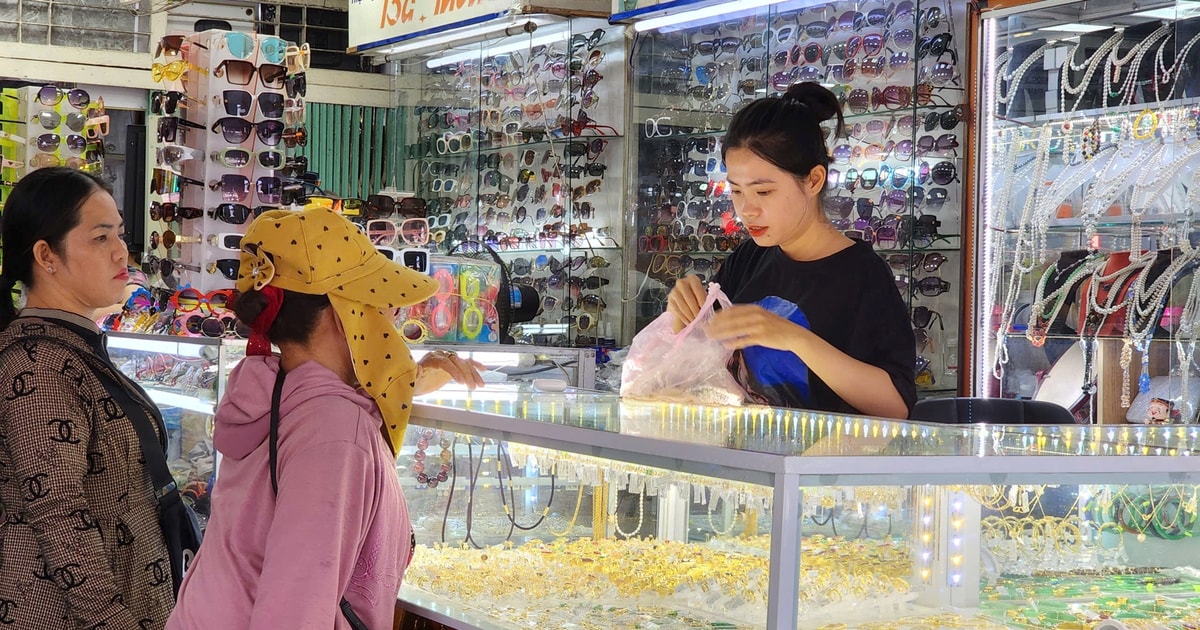













Comment (0)